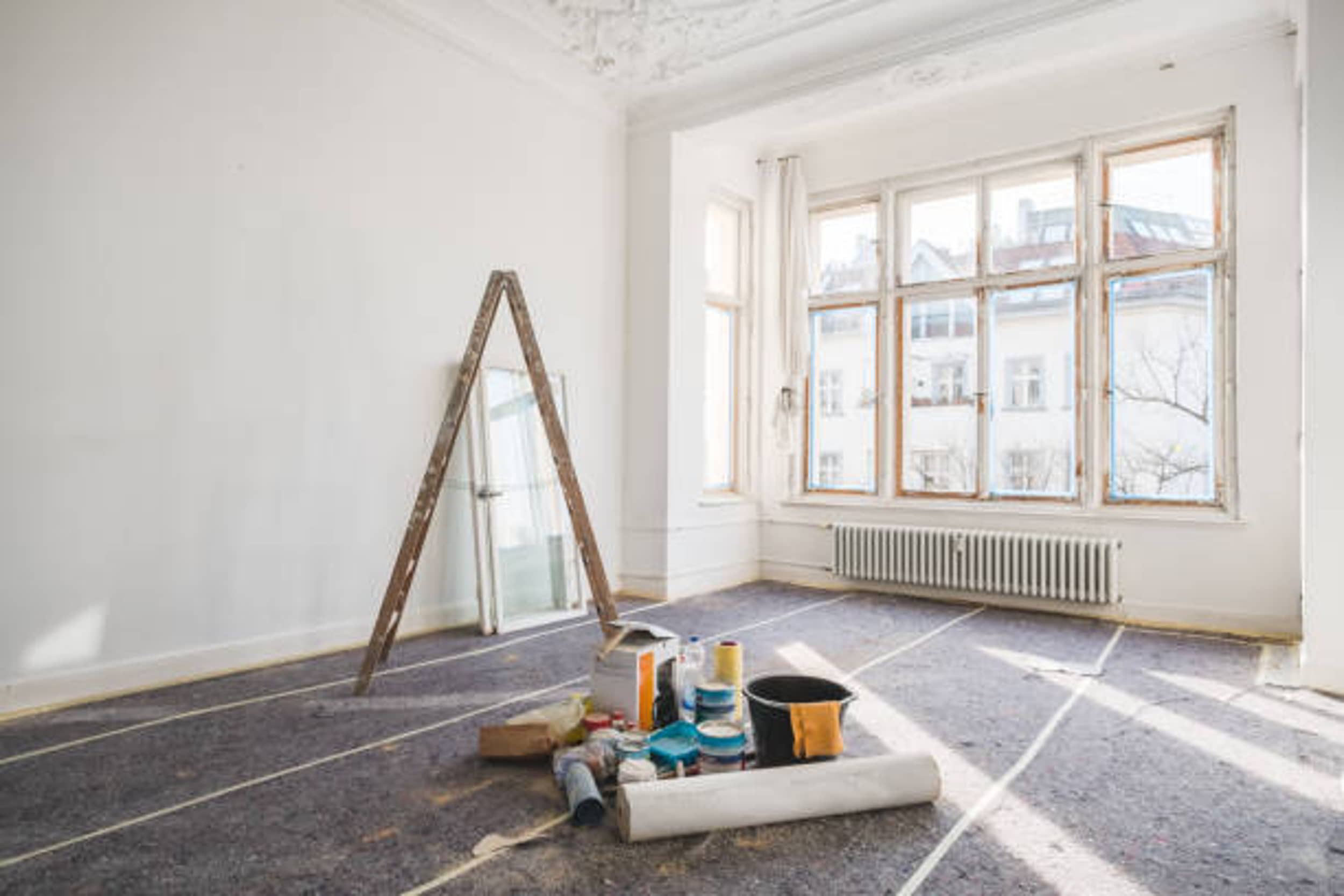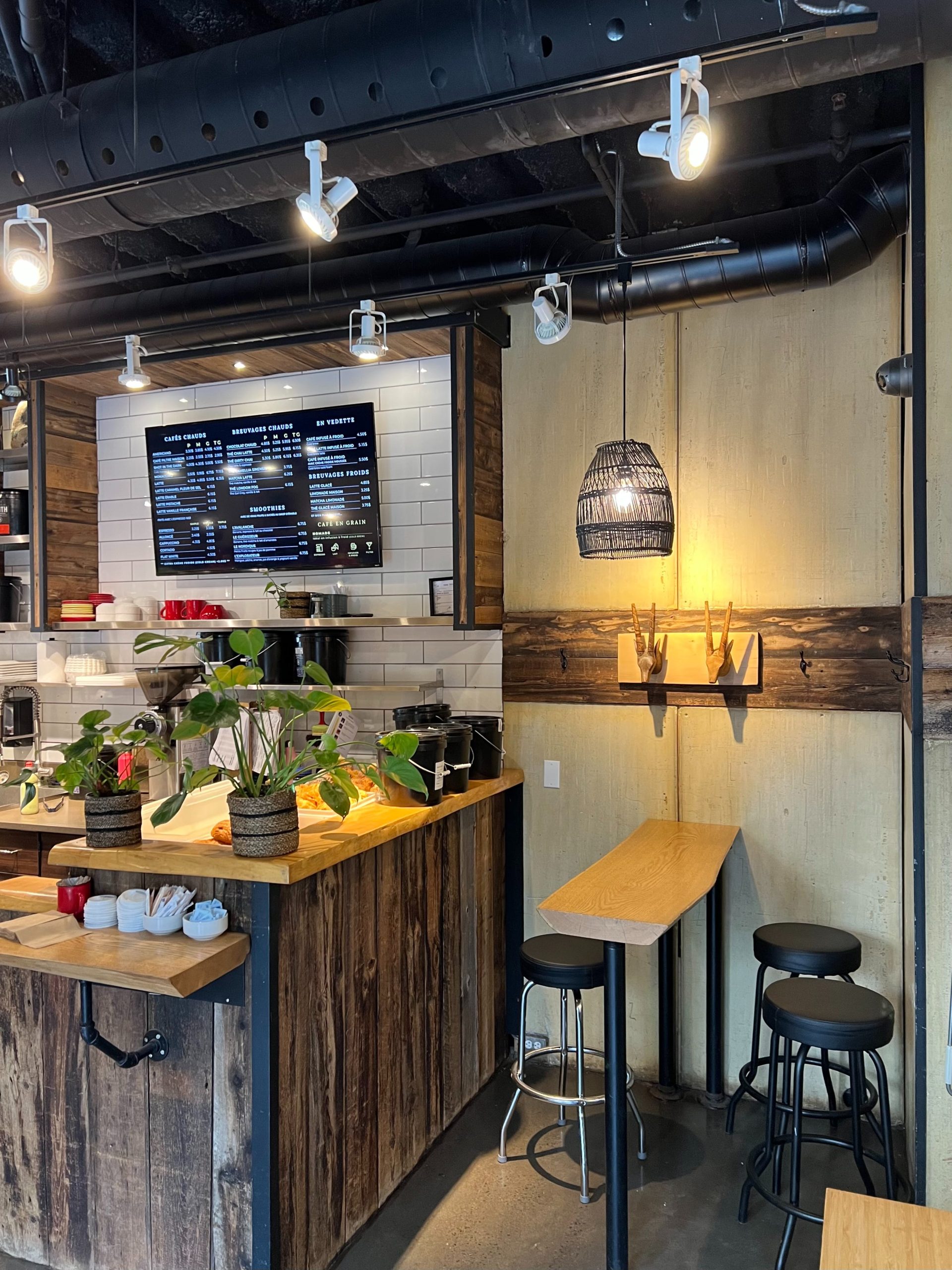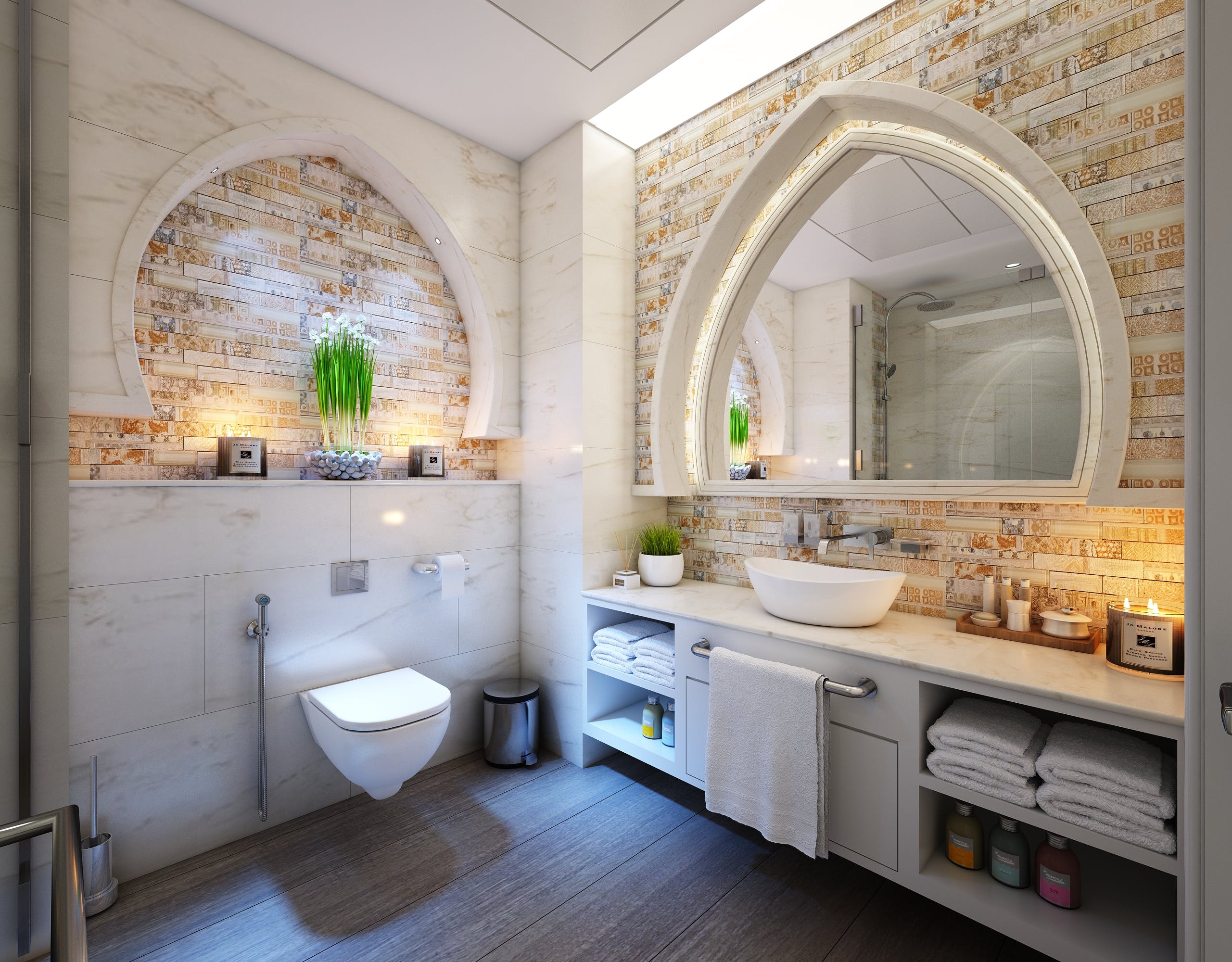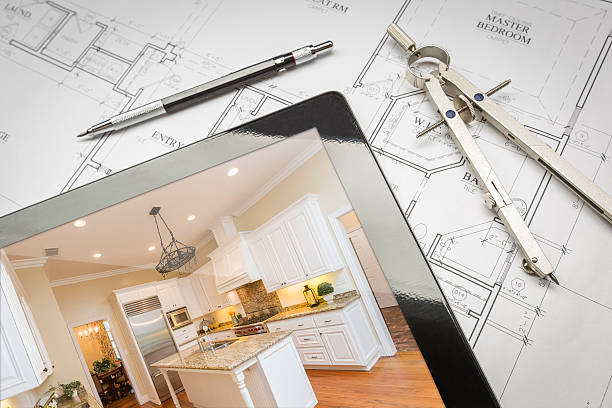Homeownership often comes with the aspiration to build equity and increase the value of your property. One common strategy to achieve this goal is through home renovations. But do these improvements have a positive impact on your home’s value? The answer is a resounding “yes,”. Let’s have look on how to know if a house is worth renovating. But here are some important nuances to consider.
1. Curb Appeal Matters
First impressions are crucial when it comes to real estate. Enhancing your home’s curb appeal can significantly increase its value. This might involve landscaping, repainting, or updating the front facade. A well-maintained exterior can make your property more attractive to potential buyers.
2. Kitchen and Bathroom Upgrades
Kitchens and bathrooms are often the focal points of a home. Renovations in these areas yield the highest returns. Replacing outdated fixtures, countertops, cabinets, and appliances can modernize your home and make it more appealing to buyers.
3. Energy Efficiency Pays Off
Energy-efficient upgrades are highly desirable in an era of rising energy costs and environmental awareness. Installing better insulation, energy-efficient windows, or a modern HVAC system reduces utility bills and increases your property’s value.
4. Open and Spacious Layouts
Many buyers today prefer open, spacious interiors. Removing walls or reconfiguring spaces to create an open floor plan can make your home feel larger and more functional. This can significantly enhance its market value.
5. Square Footage Matters
Adding extra square footage to your home can be a lucrative investment. This could involve finishing a basement, building an addition, or converting an attic into usable space. However, ensure that the added space is practical and seamlessly integrates with the existing layout.
6. Quality Counts
The quality of your renovations is critical. Skimping on materials or workmanship can backfire. High-quality renovations not only add value but also improve the overall appeal and durability of your home.
7. Local Real Estate Market
The impact of renovations can vary depending on your local real estate market. In a competitive market with high demand, renovations can yield a substantial return. However, the returns may not be as pronounced in a saturated market.
8. Comparable Properties
Your home’s value is influenced by the prices of comparable properties in your neighborhood. Over-improving your home relative to others in the area may not result in a proportional increase in value.
9. Timing is Important
When you choose to renovate matters. Renovations completed before selling can significantly impact your home’s resale value more than long-standing improvements that appear outdated.
10. Appraisal and Professional Advice
Ultimately, the value of your renovated property is determined by an appraiser’s assessment. Seeking professional advice and ensuring your renovations align with market trends and buyer preferences is crucial for maximizing your property’s value.
In home renovations can increase property value when done thoughtfully and strategically. However, it’s essential to consider the specific factors influencing your local real estate market and seek professional guidance to make informed renovation choices. With the right approach, renovations can be a smart investment that enhances your living space and grows your property’s worth over time.
What renovations increase the value of a home?
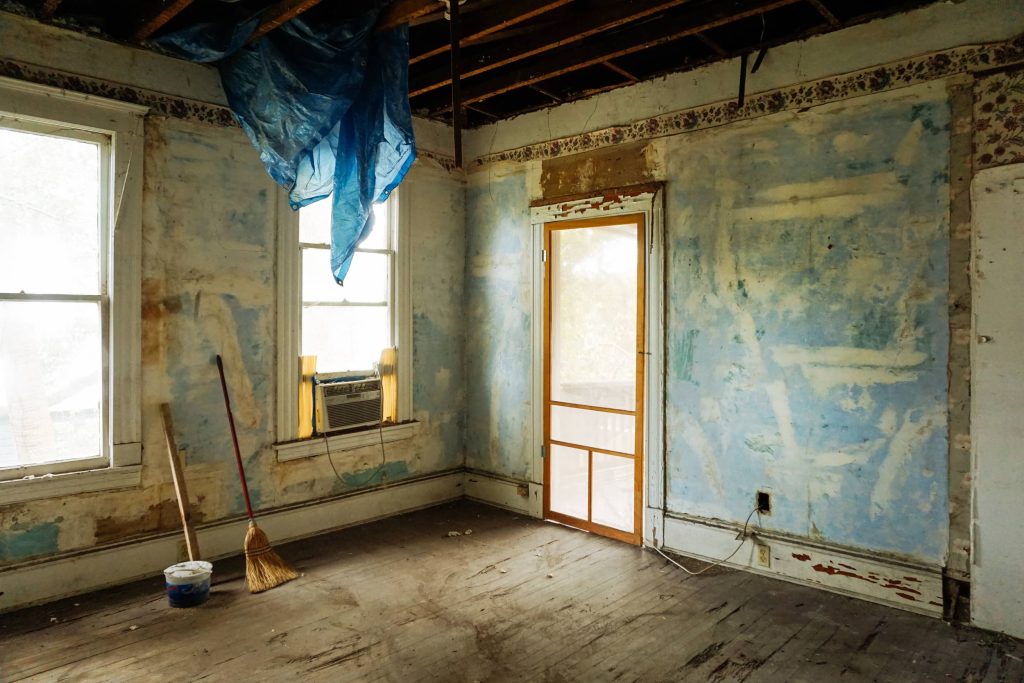
Renovations can significantly increase the value of a home when chosen and executed wisely. Here are some key whole house remodel san diego renovations that are known to have a positive impact on a home’s value:
1. Kitchen Remodel: The kitchen is often considered the heart of the home. Upgrading your kitchen with modern appliances, new countertops, cabinets, and fixtures can greatly increase your home’s value. Buyers appreciate a functional and aesthetically pleasing kitchen.
2. Bathroom Updates: Bathrooms are another area where renovations can pay off. Adding a new vanity, updating the bathtub or shower, and improving the lighting and fixtures can make a big difference. Consider adding a main bathroom if your home doesn’t already have one.
3. Energy-Efficient Improvements: Energy-efficient upgrades are good for the environment and attractive to buyers. Installing energy-efficient windows, adding insulation, and upgrading to a more efficient HVAC system can lower utility bills and increase the value of your home.
4. Curb Appeal Enhancements: The exterior of your home is the first thing potential buyers see. Investing in landscaping, a fresh coat of paint, a new front door, or a new roof can improve curb appeal and boost your home’s value.
5. Open Floor Plans: Many modern buyers prefer open floor plans that create a sense of spaciousness. Removing walls to create a more open layout can make your home feel larger and more desirable.
6. Finished Basements: If you have an unfinished basement, finishing it can add valuable living space to your home. It can be used as a family room, home office, or rental unit, increasing the overall square footage.
7. Adding a Deck or Patio: Outdoor living spaces are highly sought. Adding a deck or patio can extend your usable living space and make your home more appealing, especially in areas with favorable weather.
8. Master Suite Addition: If your home has the space, adding a master suite can be a significant value booster. It typically includes a spacious bedroom, a walk-in closet, and a luxurious bathroom.
9. Updated Flooring: Replacing outdated or damaged flooring with hardwood, laminate, or high-quality tile can enhance the visual appeal of your home. It’s a relatively cost-effective way to increase value.
10. Smart Home Features: Incorporating smart home technology, such as a smart thermostat, security system, or lighting, can make your home more attractive to tech-savvy buyers.
Remember that the specific renovations that will add the most value to your home can vary depending on factors like your location, the current condition of your property, and the preferences of local buyers. Consulting with a real estate agent or appraiser can help you make informed decisions about which renovations will have the greatest impact on your home’s value in your specific market.
How to know if a house is worth renovating
Determining whether a house is worth renovating is a crucial decision that requires careful consideration of various factors. Renovations can be a significant financial and time investment, so it’s essential to thoroughly assess the property before committing. Here’s a step-by-step guide on how to know if a house is worth renovating:
1. Evaluate the Location:
· Consider the neighborhood and surrounding amenities. Is the location desirable? A good neighborhood can significantly impact the long-term value of a property.
· Research the local real estate market to understand the area’s current property values, trends, and demand.
2. Assess the Property’s Condition:
· Conduct a comprehensive inspection or hire a professional inspector to assess the property’s structural and mechanical systems. Look for signs of major issues like foundation problems, roof damage, or plumbing and electrical issues.
· Consider the age and condition of critical components like the roof, HVAC system, plumbing, and electrical systems. Replacing or repairing these can be costly.
3. Determine Your Budget:
· Establish a clear budget for renovations, including a contingency fund for unexpected expenses. Be realistic about what you can afford, and consider how renovations will affect your overall financial situation.
4. Identify Your Goals:
· Define your renovation goals. Are you renovating to increase the property’s value for resale, to create your dream home, or as an investment property for rental income?
· Consider your timeline. Are you planning to live in the house during renovations, or will you need to find alternative accommodations?
5. Calculate the Potential Return on Investment (ROI):
· Research the expected property values in the area after renovations. Will the improvements likely result in a higher resale price or rental income? Compare these projections to your renovation budget.
· Keep in mind that not all renovations provide a positive ROI. Focus on projects that are likely to yield the best returns, such as kitchen and bathroom upgrades.
6. Prioritize Necessary Repairs:
· Distinguish between essential repairs and cosmetic improvements. Addressing structural issues, safety concerns, and major system upgrades should take precedence over purely aesthetic enhancements.
7. Consider the Home’s Layout and Potential:
· Evaluate the layout and floor plan. Can you make changes to create a more functional and desirable living space? Open layouts and additional bedrooms or bathrooms are often attractive to buyers.
· Determine if there’s room for expansion, such as adding square footage or creating an outdoor living space.
8. Review Local Zoning and Building Codes:
· Check with local authorities to understand any restrictions or requirements for renovations, such as permits, zoning regulations, and historic preservation guidelines.
9. Get Multiple Contractor Quotes:
· Obtain quotes from reputable contractors for the proposed renovations. Compare costs and timelines to ensure they align with your budget and expectations.
10. Consider the Time and Effort Involved:
· Renovations can be disruptive and time-consuming. Consider how the project will impact your daily life and whether you’re prepared for the challenges that return on home improvements.
11. Consult with Professionals:
· Seek advice from real estate agents, architects, or renovation experts. They can provide valuable insights into the property’s potential value after full house renovations and offer guidance on the best improvements to make.
In summary, determining if a house is worth renovating involves financial analysis, property assessment, and consideration of your goals and circumstances. Doing your due diligence, consulting with professionals, and carefully weigh the costs and potential returns before embarking on a renovation project is essential.
How much does home renovation cost?
The home renovation costs can vary widely depending on several factors, including the project’s scope, the property’s location, the quality of materials and finishes chosen, and whether you plan to hire professionals or do some or all of the work yourself. Here are some key factors that can influence the cost of a home renovation:
1. Scope of the Renovation:
· The size and complexity of the project play a significant role in determining the cost. A small bathroom remodel is less expensive than a complete kitchen renovation or a home addition.
2. Materials and Finishes:
· The choice of materials and finishes can substantially impact the cost. High-end materials, custom cabinetry, and premium fixtures will be more expensive than budget-friendly alternatives.
3. Labor Costs:
· Labor costs can vary depending on the location and the specific tradespeople you hire. Skilled professionals, such as electricians, plumbers, and contractors, will be charged for their expertise and labor.
4. Permits and Fees:
· Many renovation projects require permits from local authorities. The cost of permits and any associated fees should be factored into your budget.
5. Structural Changes:
· If your renovation involves structural changes, such as removing walls or adding support beams, it will likely increase the cost due to the complexity of the work.
6. Hidden Issues:
· Older homes may have hidden issues that become apparent during complete home remodeling, such as outdated wiring, plumbing problems, or mold remediation. Budgeting for potential surprises is essential.
7. DIY vs. Professional Work:
· Doing some or all of the work yourself can save money on labor costs, but it may also require more time and effort. It’s essential to weigh the cost savings against your skills and the time you can dedicate to the project.
8. Timeline:
· The timeframe for the renovation can affect costs. Rushing a project may require more labor and lead to higher expenses, so consider whether you have a flexible schedule.
9. Geographic Location:
· The cost of materials and labor can vary significantly by region. Renovations in major metropolitan areas often come with higher price tags than those in rural areas.
10. Project Management:
· Hiring a project manager or general contractor to oversee the renovation can add to the overall cost. Still, it may save you time and stress as they handle scheduling, hiring subcontractors, and ensuring the project stays on track.
11. Financing and Interest:
· If you’re financing the renovation through a loan or credit, consider the interest costs associated with borrowing the funds.
To get a more accurate estimate of the cost of your specific renovation project, it’s advisable to:
- Consult with multiple contractors and obtain detailed quotes.
- Research the cost of materials and finishes you plan to use.
- Factor in a contingency fund of 10-20% of the total budget to cover unexpected expenses.
- Be realistic about your budget and prioritize essential aspects of the renovation.
While renovations can be costly, whole home renovations that add value and improve your quality of life. It’s crucial to strike a balance between achieving your renovation goals and staying within your financial means.

